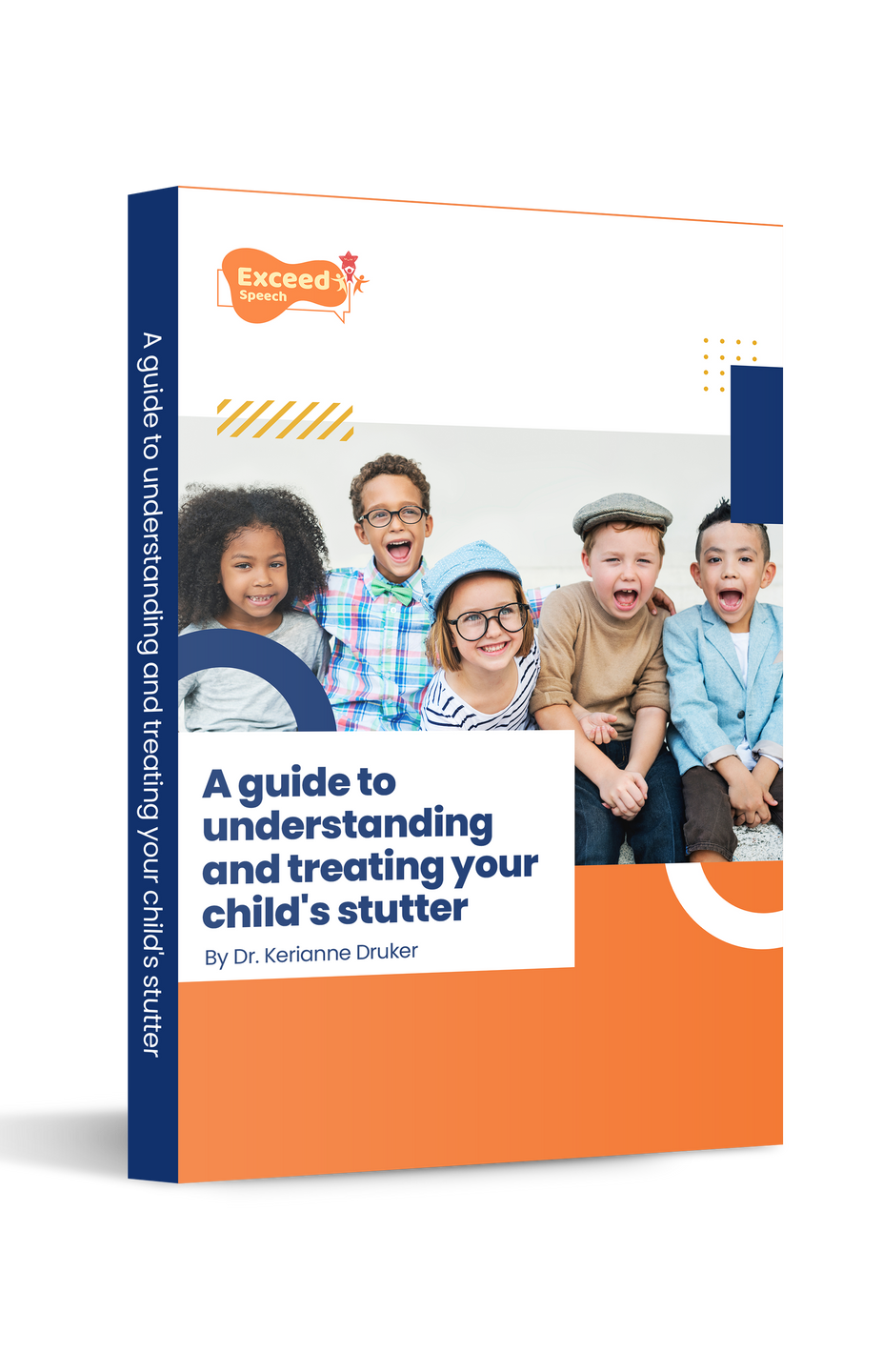Robust Theme
Dec 09, 2019 2020-04-08 7:40Robust Theme
6 ways a child's stuttering can affect their academic achievement

When a child starts to stutter, parents often feel anxious and overwhelmed about how best to treat the problem. They also often consider the possible long terms impacts of stuttering for their children. As such, one of the most common questions I get from parents of children who stutter is whether stuttering can have an impact on a child’s academic performance and achievement.
Unfortunately, there is no straight forward answer to this question.
When a child stutters, they experience a breakdown or interruption in their speech motor system. Stuttering is not a cognitive disorder, or a problem where children do not have the vocabulary or language skills to express themselves. However, stuttering can have significant indirect impacts on a child’s academic achievement and functioning at school.
This article will outline 6 ways that a child’s stuttering can impact their success at school.
6 ways your child’s stutter can impact their success at school
1. Self-esteem and confidence.
Stuttering has been found to have significant negative effects on a person’s confidence and self-esteem. From an academic perspective, this can result in a child not having the confidence to ask teachers questions during class to clarify misunderstood instructions or concepts.
2. Social communication skills.
A child’s social communication skills are essential for building and maintaining successful friendships. Some children who stutter can develop secondary behaviours, such as avoidance of eye contact. This can impact their social interactions, as their peers may feel they are not paying attention or disinterested in conversation – when their decision to avoid eye contact is actually an avoidance behaviour associated with their stuttering.
3. Bullying
Unfortunately the rates of bullying towards children who stutter are higher than the rates of children who do not stutter. Sadly, the negative effects of bullying are expansive and can often lead to an even further reduced confidence and social isolation.
4. Social isolation
Some children who stutter have difficulty initiating, and sometimes even participating in, conversations. This can be even trickier in big groups, where there is more competition to take turns in a conversation. This can lead to social avoidance or isolation as your child may find it easier or less confronting to avoid big groups.
5. Verbal ability
It has been found that some children who stutter have a discrepancy in their verbal ability compared to their written ability. This is because their written work is, of course, not impacted by their stuttering and possible associated nerves and stress which come about due to fear of potentially stuttering in front of others or in high pressure speaking situations (e.g class speech or presentation).
6. Perception by others
A child may be viewed as “slow” to process information by his peers or teachers, as he might appear to take time to answer questions – when, in fact, his delayed response to questions is due to his stuttering.
Early intervention for stuttering can be very effective. The quicker a child receives treatment for their stuttering, the more effective it is. A child who has their stuttering treated effectively will not have to encounter these negative impacts of stuttering at school.
I have developed an online stuttering toolkit for parents, that is designed to enable parents to start working on their children’s stuttering straight away. Learn more about this course, which teaches practical tips and techniques that have been trialled and tested in my PhD and proven to be effective for more than 90% of children who stutter.
Even if your child has started school, and is encountering some of these difficulties, successful treatment is still available to support your child to become more fluent and enhance their attitudes and confidence as communicators. Chat with Dr Kerianne Druker, PhD, to find out what support is available.

Free eBook
A guide to understanding and treating your child’s stutter
Take a sneak peak of what the Stuttering Toolkit has to offer, and learn about the treatment principles that have proven successful for more than 90% of children who stutter.
Get Free eBook

